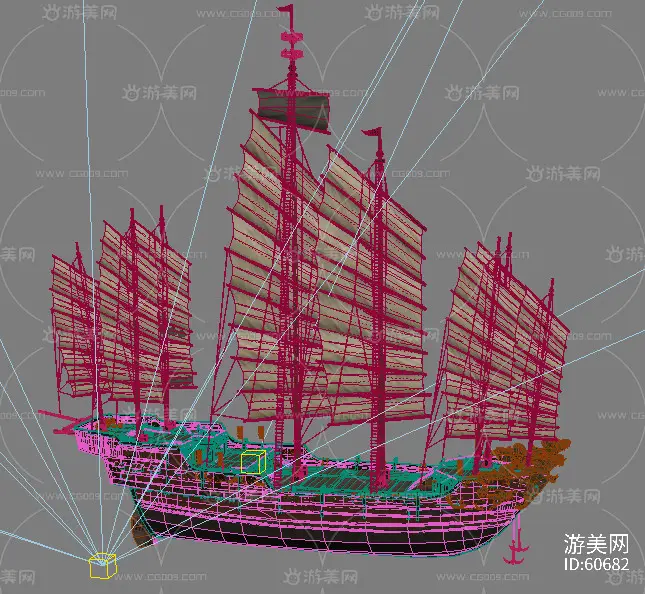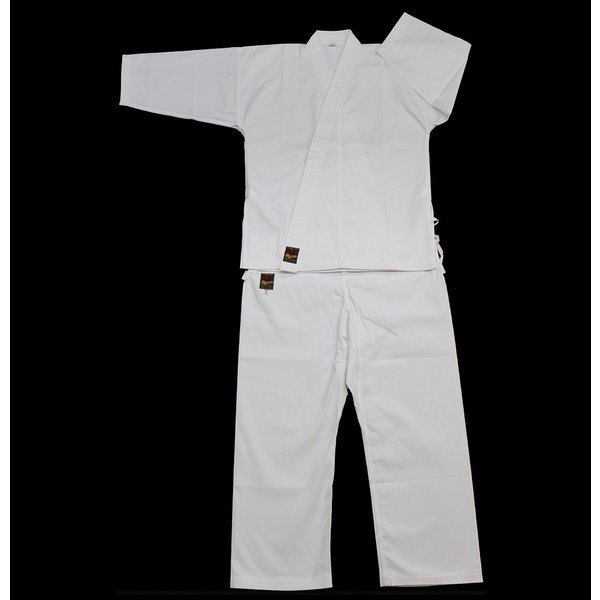I read the following short extract in a book entitled 'When China Ruled the Seas - The Treasure Fleet of the Dragon Throne (1405-1433)' By Louise Levathes (OUP), 1994, Pages 173-174 - which explains the difference in policy between two emperors with one applying expansion and sharing with no thought to the cost - with the other emperor closing China off from the outside world! In all of this, and following the settlement of the 36 Fujian families to 'Liuqiu' - the 'King' of 'Ryukyu' is mentioned:
'At first the changes were hardly perceptible. Emissaries continued their missions to China's shores. But in 1436, when Nanjing officials repeatedly appealed to the court for more craftsman, their request was summarily denied. Concerned about the burden on the people, Zhu Zhanji's successor halted construction in shipyards and urged frugal economic practices. In 1437, after paying tribute, the King of Ryukyu Island (south of Japan) asked the emperor for new court costumes, which had been given to his envoys since the beginning of the dynasty. The ones he had, he said, had "become old." And who knew when he would be able to return to China? The seas were now "dangerous and difficult." The emperor, however, declined to grant the King's request. The following year, the Siamese mission to the court was robbed of its cargo of pearls, gold, and jade by two dishonest officials in Guangdong. Through no fault of his own, the Siamese ambassador arrived in court without tribute. Such behaviour from local officials would have been impossible to imagine in the Yongle reign. That same year, the emperor sent a message to the King of Java saying that the "envoy" he had sent was wild and drunk and had caused the deaths of several people, including himself. "You should be more careful," the emperor commanded, "in choosing envoys in the future."'
I have copy-typed this for your records. Indeed, the author worked at the time for National Geographic (c. 1990) and had carried-out a great deal of her research in China - using Chinese language sources. (I believe the John Hopkins Center for Chinese and American Studies at Nanjing University in Jiangsu province, is very popular and respected amongst Chinese people). Interestingly, and rather disappointedly, this is the only 'Ryukyu' reference in her entire book!
Thanks
Adrian



 RSS Feed
RSS Feed